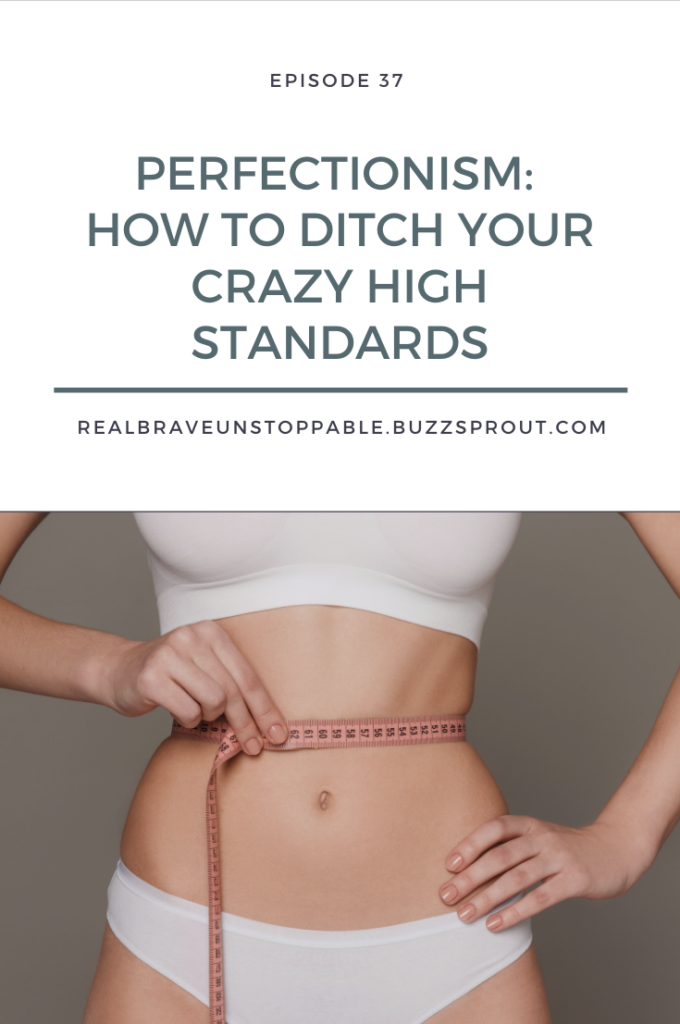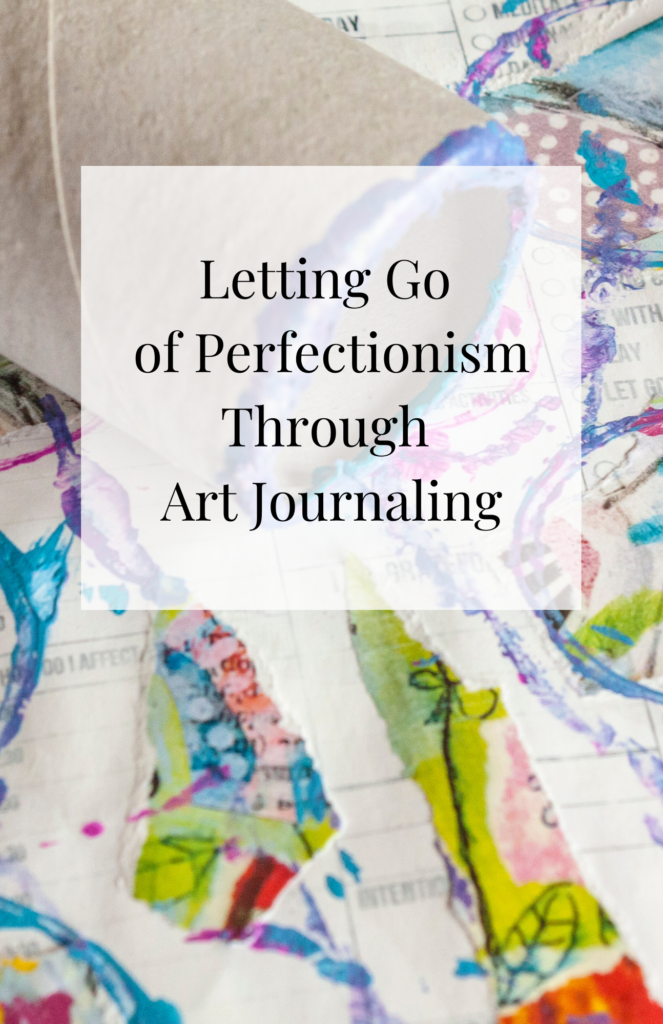
One of the hallmarks of perfectionism is setting crazy high standards for oneself.
These standards, arbitrarily set and upheld by perfectionism are often completely unrealistic and unattainable.
There is nothing wrong with having high standards, but the issue is when your self-worth is dependent on whether or not you reach them. Healthy striving is different in that when something doesn’t go as planned, or if you don’t reach your goals on schedule, you don’t make it mean something about who you are, about your self-worth.
Think about body image.
You may have compared yourself to the model on the cover of a magazine in the past. If you haven’t, good for you, that’s awesome! But, that “standard” is crazy. Did you know that less than 5% of the population looks like the models on magazine covers?
And, consider old-world painters like Botticelli. The painting La Primavera comes to mind. The women in the painting are not stick thin. They are curvy and voluptuous.
Or, consider celebrities of the 50s. “Ideal size” in Hollywood has decreased considerably over the years.
The point is, if you’re comparing your body to that “standard”, it’s a highly unrealistic one.
Also, consider black-and-white thinking. Something you do or create is either good or bad. Success or failure. Those are standards too.
Let’s say you give a big presentation to the big-wigs at work, and it goes great except you stumbled a little bit over a question. If your immediate reaction was “that sucked. I am a terrible presenter. I’m no good at my job”, you have a very high, inflexible standard.
This type of striving comes from a place of “not enough” or scarcity. And guess what? If you don’t address the underlying beliefs and thought patterns, no performance, no matter how good it is, will ever be enough.
That’s why it’s important to really look at your high standards and question them.
Are they unrealistically high because you’re afraid if you don’t have them you won’t be good enough?
Who decided what the standards should be? Are they, in fact, realistic?
When you berate yourself for not reaching your standards, how does it feel? Are the critical thoughts you have about yourself actually true?
Who would you be, what would life be like, or how would you feel without those beliefs that lead to your high standards?
Perfectionism is a fear-based behavior, and fear operates on a trigger-response-reward loop. It’s can turn into a habit, basically.
Something triggers your brain and you feel fear or self-doubt. Your brain’s mission is to reduce the tension and stress, so it sends information on what you should do. You engage in your fear pattern or response. Then, you’re rewarded by a temporary release. The stress or tension subsides.
You’ll continue getting that reward until you create new neural pathways in your brain. In other words, you need to form a new habit. A new pattern.
The fear-based response or pattern is where we get stuck. And until you change it, you’ll keep getting rewarded for behavior that isn’t helpful to you.
So, how to change it?
First comes self-love. You were born with self-love.
You weren’t born hating things about yourself. You weren’t born with unrealistically high standards. Practice being kind to yourself. Appreciate yourself. No one is perfect.
Practice awareness.
Notice when you are beating yourself up over not reaching an unrealistic standard (or just in general!). Write those thoughts down. Awareness is half the battle, and once you have awareness, you can start to change.
Make peace with your thoughts.
Your thoughts come from beliefs, and beliefs are just thoughts that you’ve believed over and over again so they’ve become habit. They’ve become so engrained in your brain that you don’t question them. They’ve served a purpose for you, even if they haven’t been helpful.
Choose new thoughts and beliefs.
Remember, the harsh, critical talk perfectionists use is just your brain thinking. Those words are just thoughts. But just because your brain thinks them, doesn’t mean it’s right.
What would you like to believe instead?
Using the example of the presentation above, instead of I suck at my job, I never get anything right, perhaps you’d prefer to think I wish I wouldn’t have stumbled on that question, but the rest of the presentation went really well.
When you start talking to yourself harshly, give equal airtime to both sides of the story. Is it possible that your harsh thoughts could be false? Try on a new belief. Is it possible that this new belief could be true?
Your brain is an amazing tool, but sometimes we can get in our own way. The good news is it is malleable, and you can start to create new habits, thoughts and beliefs today!
Free Art Journaling Workshop!
Learn the basics of art journaling and how it can help you chill out and overcome your perfectionist tendencies. Special guest, artist Mary Ann Rivard will be showing you all the basic supplies you need (which isn’t a lot!) and give you some ideas and techniques to get started!








